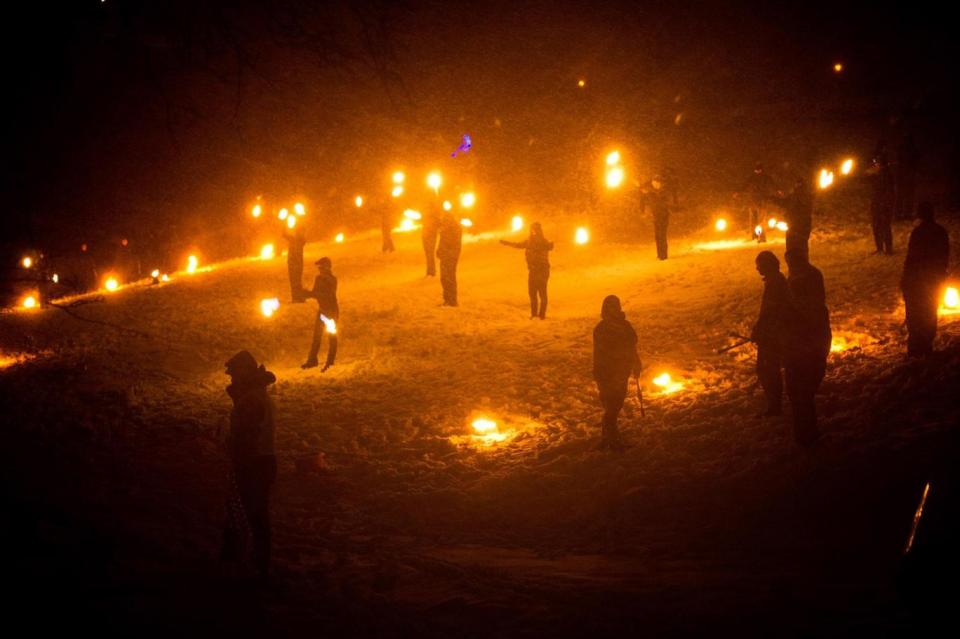Autumn Equinox 2017: Why is today important but also depressing?
It's the autumn equinox, both the beginnings and end of some of the most important times of the year. As such, it's astronomically important – and also a little depressing.
The moment is important because it is the time when the nights and the day are of exactly equal length. It's the beginning of autumn, and a moment on our way towards the winter solstice – the longest night – that marks the beginning of that season.
As such, it's a remarkable demonstration of the various astronomical forces that keep our Earth warm and lit – and cold and dark – as the sun and the Earth move around each other. (That and its other meanings are celebrated in today's Google Doodle.)
The moment marks the beginning of Autumn, and with it a season celebrated for its relationship with harvest and cosiness. But it's also an ending: from now, the nights are longer than the days, and they'll keep going that way until the Winter solstice on 21 December.
That's why despite the excitement, the day can feel a bit depressing. It is unlike the other equinox, which marks the start of spring and renewal, and the progress to summer; and it is unlike the two solstice which mark the depths and heights of their own seasons.

The difference is recognised in the way that people like pagans celebrate the Autumn equinox. When the Spring ones arrives in February, it is met with spectacular events including Imbolc – celebrated midway between the Winter solstice and the Spring equinox – a festival full of fire and excitement that celebrates the growing power of the sun.
The Autumn equinox is a much more subdued affair – perhaps because there's little to celebrate. The more exciting pagan celebrations like Samhain come around later in the year, when the nights have properly drawn in and the world is a more excitingly dark place.

 Yahoo News
Yahoo News 